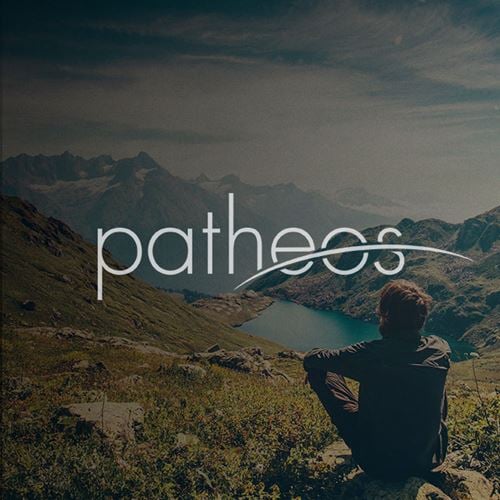- Trending:
- Pope Leo Xiv
- |
- Israel
- |
- Trump
- |
- Social Justice
- |
- Peace
- |
- Love
PATHEOS LIBRARY OF
World Faiths & Religions
What do Pagans believe
Paganism is a term that encompasses a diverse group of religious paths, so it is difficult--if not impossible--to list "Pagan beliefs" held by "all Pagans." With that caveat in mind, many Pagans believe in some or all of the following things:
o The natural world is inherently sacred and worthy of respect, care, and reverence.
o Deity or deities (some Pagans are polytheistic, others are monotheistic) are often both male and female, and may be understood as both immanent and transcendent--Pagans are often pantheists or panentheists.
o Magic (often spelled "magick" to distinguish it from stage magic) is used as a means of exerting and manifesting one's will in the physical world.
o Ritual practice and observation of life cycle events (birth, coming of age, marriage, death), seasonal celebrations (equinoxes and solstices, for example), lunar cycles, etc. is important. Ritual practice varies widely among Pagans but often includes casting a protective circle, calling upon deities or representations of the elements, and chants, prayers, invocations, or statements of intent.
o Celebration and observance of the eight festivals of the "Wheel of the Year," the annual cycle of seasons. These festivals are often called "sabbats." Names for these festivals can vary among Pagan paths, but the eight most commonly celebrated sabbats are: Samhain (Halloween), October 31; Yule, December 20 or 21 (winter solstice); Imbolc, February 1; Ostara, March 20 or 21 (vernal equinox); Beltane, May 1; Litha, June 20 or 21 (summer solstice); Lammas, August 1; Mabon, September 20 or 21 (autumnal equinox).










